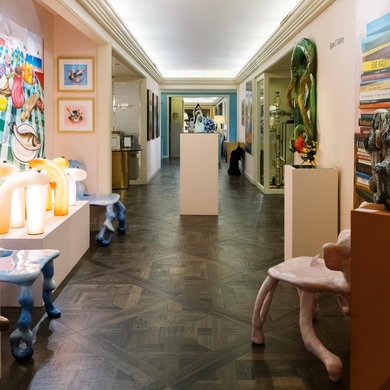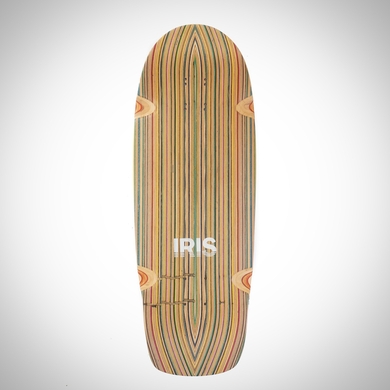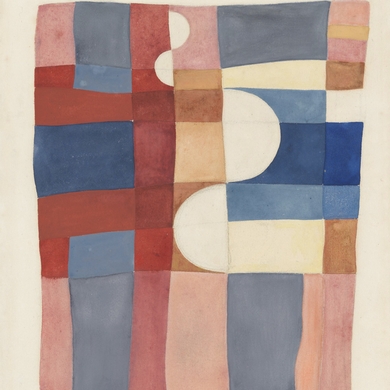Like many adolescents, Arthur Dove had no desire to follow the path set by his parents. His father, a wealthy businessman in New York City, expected him to use his Cornell degree to pursue a profitable profession. Instead he decided to be an artist. In 1907, Dove moved to Paris and joined a circle of modernists. In 1909, Dove came home and settled in Westport, Connecticut, where he focused on fishing, farming, and painting. It was there that he began creating undulating representations of nature and the scenes around him. The first showing of those works, in 1912, is now recognized as the first public exhibition of American abstract art. “Theories have been outgrown,” Dove once said, “the reality of the sensation alone remains. It is that in its essence which I wish to put down.” To inaugurate its new space in Tribeca, Schoelkopf Gallery presents a survey of the pioneering artist’s nonrepresentational works. —Paulina Prosnitz
Arts Intel Report
Arthur Dove: Yes, I Could Paint a Cyclone

Arthur Dove, Tanks and Snowbank, 1933.
When
Sept 29 – Dec 1, 2023
Where
Etc
Photo courtesy of Schoelkopf Gallery



